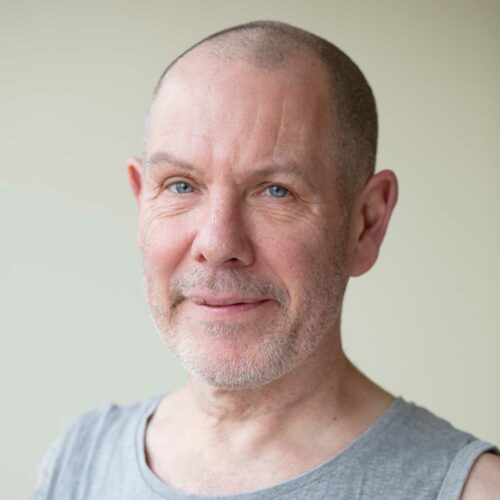The encounter with sensory experiences can lead to insight and calm, or reactivity and suffering. How do you guard your mind in the midst of a daily barrage of sensory input? How do you protect your mind so that tranquility and wisdom will be well established? The Buddha encouraged restraint of the senses, but this restraint does not require avoidance of sensory contacts or control of the external environment. In this talk, Shaila Catherine will describe how mindfulness allows us to meet the experiences of sensory contact – of seeing, hearing, smelling, tasting, touching, and thinking with a mind free of reactivity. Mindfulness protects the mind so that it does not come under the sway of defilements. Mindfulness is a special quality of attention that is balanced in the moment of observing experience. Before looking, before reaching, before speaking, before any activity, we can establish the intention of mindfully meeting the experience without giving rise to anger, irritation, lust, fear, or any defilement. The practice of sensory restraint leads to a life of happiness and joy, and lays the foundation for experiences of deep concentration and awakening.
With Shaila Catherine recorded on April 20, 2025.
Found our teachings useful? Help us continue our work and support your teachers with a donation. Here’s how.
Discover more from the Dharma Library
-

Daily Meditation Recordings, with Miles Kessler – Week of June 24, 2024
This week’s topic is “Let Come, Let Go, Let Be, Let Grow – Practicing the 4 Noble Truths”. Join Miles in this exploration of the Buddha’s 4 Noble Truths. Over 5 days you will gain insight into how the 4 Noble truths unfold in your practice and in your life. You will learn how these 4 practices unlock your true nature, allowing it to grow and flourish in your life.
-

Settling Into Your Body In Meditation
Recorded :
December 11, 2022 Finding a comfortable body posture when meditating is a crucial element in our practice. We can use our bodies as a way of experiencing change and impermanence. In this session, we will be looking at ways to make our bodies comfortable for meditation – both standing (if appropriate for your body) and sitting. We will examine various postures and do various techniques that can be helpful for meditating.
-

How awareness frees: Vitaka Vicara Viveka
Recorded :
January 21, 2018 Worldwide Insight Founding teacher Martin Aylward returns to lead his first class of the year. Martin looks at how different elements of attention can meet, explore and hold experience, allowing for insight, spaciousness and increasing freeness in the midst of experience.
-

The Spectrum of Sensuality – Where do I stand?
Recorded :
October 13, 2024 The extremes of addiction to sense pleasure and addiction to self-mortification are not the path to happiness. The spectrum of human sensuality spans from pleasure to pain, pleasant to unpleasant, from hedonic excesses to self-harm, encompassing a vast range that is likely different for everyone. What is considered the Middle Way for a monastic might…
-

Practicing metta vipassana
Recorded :
May 14, 2017 In this talk Dave discusses the process of integrating heart practices within the four foundations of mindfulness. Mindfulness practice unites the steadiness of concentration with the immediacy of moment to moment experience. As we learn to collect the body and mind, intuitive wisdom arises. This allows us to open to the truth of each moment’s…
-

Practice as a Way of Remembrance
Recorded :
October 18, 2020 Many are referring to this time as apocalyptic. Fair enough. It can seem as though everywhere we turn a dismantling of some sort is in the works. While we might intellectually feel able to embrace the change upon us, for many it can be easy to fall into overwhelm, hopelessness, even despair. What do the…
-

Not two, not one: experiencing non-duality in the ordinary.
Recorded :
September 13, 2015 Worldwide Insight talk from Jaya Julienne Ashmore: “Not Two, Not One: Experiencing Non-Duality in the Ordinary”. Guided meditation, Dharma talk and Q&A.
-

Imagination: An Integral Aspect of Liberating the Heart
Recorded :
May 21, 2023 Our heart/mind is naturally creative; it foresees, remembers, dreams, and perceives. The products of our imagination shape our intentions, expanding the realm of possibilities beyond what we’ve learned, seen, or experienced thus far. We can give ourselves permission to imagine and co-create our lives. And once this is cultivated and the doors of perception are…








Discussion